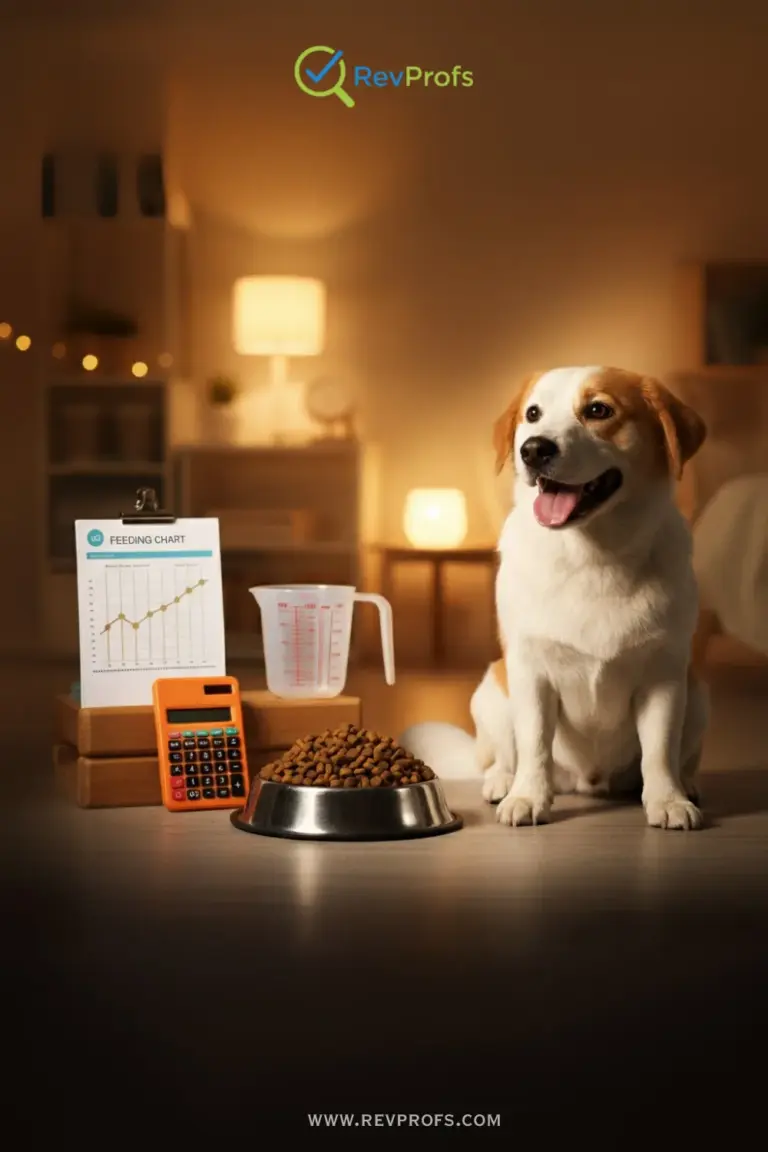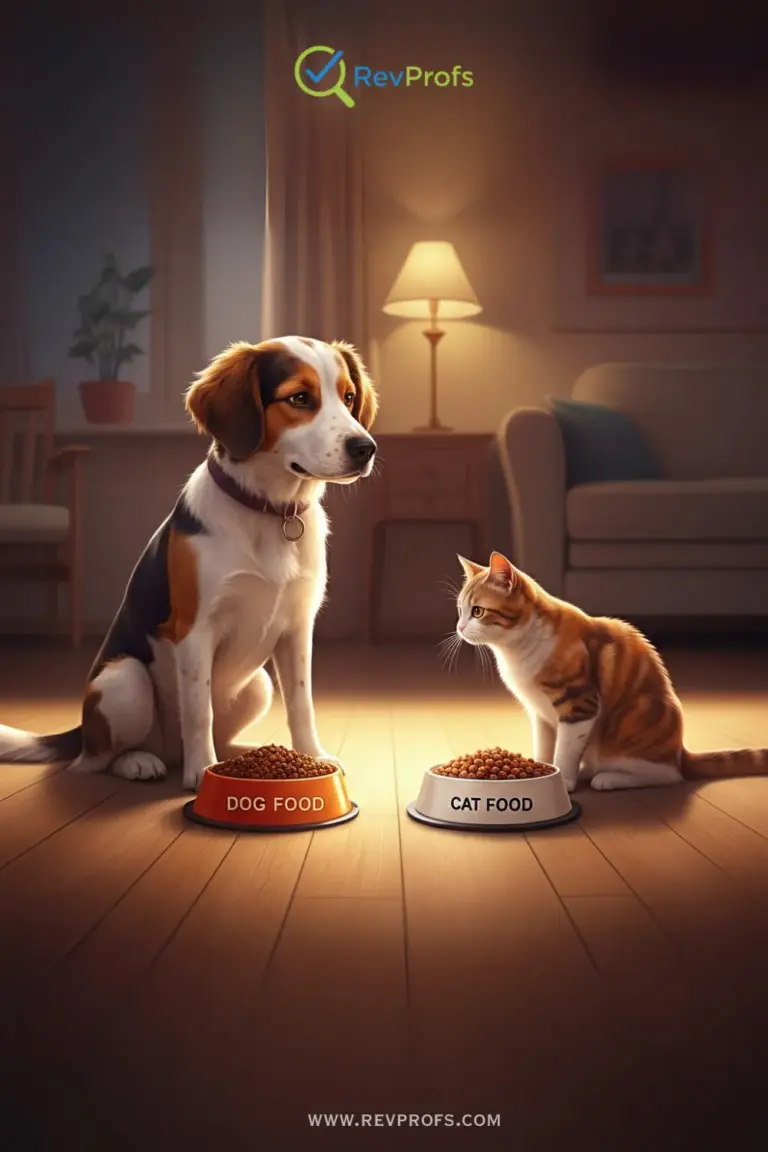Is Grain Free Puppy Food Better? 5 Shocking Truths
Are you standing in the pet food aisle feeling a little overwhelmed? As a devoted pet parent, you want to choose the absolute best food for your new puppy, but the sheer number of options and marketing claims can be confusing. One of the most common questions we hear is, “is grain free puppy food better?” It’s a great question, and it shows you’re thinking deeply about your pup’s health. The most direct answer is: not necessarily. For the vast majority of puppies, grain-free food offers no proven health advantage and, in some cases, may be connected to significant health concerns.
The grain-free pet food trend has exploded in popularity, but is it built on solid science or just clever marketing? This guide will help you understand what “grain-free” actually means, look at the pros and cons, discuss crucial veterinary research you should be aware of, and empower you to make a confident choice for your growing friend.

What Does “Grain-Free” Really Mean?
First, let’s clear up a major point of confusion. Grain-free does not mean carbohydrate-free. Grains are simply the seeds of grasses, like wheat, corn, barley, and rice. In grain-free puppy foods, these ingredients are removed and replaced with other sources of carbohydrates, which are needed for energy and to give the kibble its structure.
Common grain substitutes you’ll see on an ingredient list include:
- Potatoes and sweet potatoes
- Lentils
- Peas and chickpeas
- Tapioca
So, when you select a grain-free diet, you are usually just swapping one type of carbohydrate for another. This is an important distinction, as many believe “grain-free” is the same as “low-carb,” which is rarely the case with dry kibble.
The Myth About Grain Allergies
A primary reason grain-free diets became so popular is the idea that grains are a top cause of food allergies in dogs. Are you worried your puppy might be allergic to grains? While true food allergies do exist in dogs, allergies to grains are actually very uncommon.
Veterinary research consistently shows that the most frequent triggers for food allergies in dogs are protein sources. These often include:
- Beef
- Dairy Products
- Chicken
If your puppy has an itchy coat or an upset stomach, it is statistically far more likely to be a reaction to a protein in their diet than to the corn or rice. For more details, you can read our Guide to Understanding Dog Food Allergies.
The Big Debate: Pros, Cons, and the DCM Concern
If true grain allergies are so rare, are there any benefits to choosing a grain-free diet? And more importantly, what are the potential risks? Let’s weigh the evidence.
Potential Benefits of a Grain-Free Diet
For a very small number of puppies, a grain-free diet might be the correct choice. A puppy that has been diagnosed by a veterinarian with a specific allergy or intolerance to a grain ingredient will obviously benefit from a diet that avoids that trigger. In these specific, diagnosed cases, a grain-free formula can lead to better digestion, healthier skin, and a reduction in itchiness. However, it’s important to remember this is the exception, not the rule.
Understanding the Risks: Grain-Free Diets and DCM
The most significant concern surrounding the grain-free trend is its potential connection to a serious heart condition called dilated cardiomyopathy (DCM). DCM is a disease that affects the heart muscle, causing it to become enlarged and weak. As the heart chambers dilate, the heart’s ability to pump blood efficiently is compromised, which can ultimately lead to congestive heart failure.
In 2018, the U.S. Food and Drug Administration (FDA) announced it was investigating reports of DCM in dogs eating certain types of pet foods. A noteworthy number of these cases involved dogs on grain-free diets that were rich in peas, lentils, and other legume seeds.
While the investigation is ongoing and a direct cause-and-effect relationship has not been definitively established, the correlation is strong enough to have shifted veterinary recommendations. The concern is not necessarily the lack of grains, but perhaps the high concentration of these alternative ingredients. Current theories suggest these ingredients might interfere with the body’s ability to process or absorb taurine—an amino acid vital for heart health—or they may have other unknown nutritional effects. You can find detailed information directly from the FDA’s Investigation into the Potential Link between Certain Diets and Canine Dilated Cardiomyopathy.
Ready for the Next Step?
Your pet's journey doesn't end here. Explore our expert guides to ensure they get the best care at every stage.
Puppy & Dog Care
From choosing the right food to understanding their behavior, our dog care guides cover everything you need to know.
Explore Dog GuidesGear & Product Reviews
Find honest, in-depth reviews on the latest pet gear, from smart collars to durable toys, and make informed decisions.
See All Reviews






